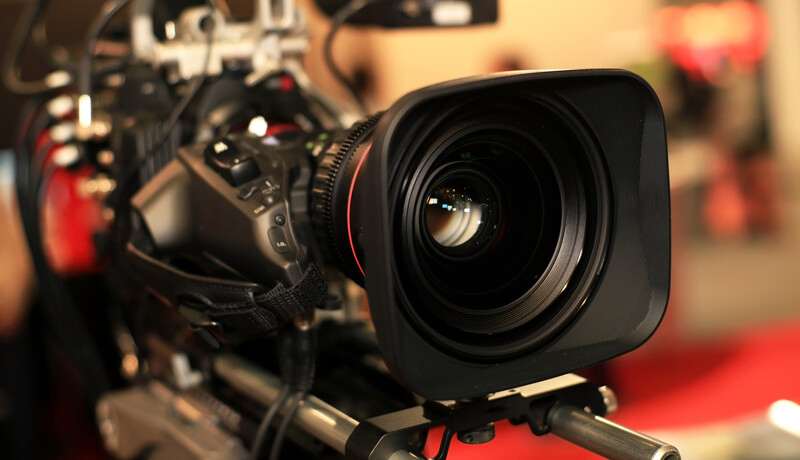Depositions or out-of-court examinations of witnesses under oath are central to the trial when lawsuits don’t resolve by settlement or on motion. Depositions allow lawyers to validate, test, confirm and reassess their case. The parties present at a deposition are usually the plaintiff, defendant, lawyers for both parties, the witness or party deposed, and a court reporter. Court reporters and legal transcription outsourcing services ensure that every recorded word is accurately transcribed for posterity. Advancements in technology have taken these sessions out of the conference room, allowing lawyers to conduct or attend depositions across wide distances. Remote video depositions allow lawyers to save time and money as they collect testimony. There are a wide variety of convenient and reliable virtual platform options for remote depositions, with HD-quality video connections for multiple deposition participants, and many other useful features.
In remote video depositions conducted in the US, the witness, the court reporter and other lawyers and participants will be at the deposition site. They would need to log into a secured website in order to gain access to the deposition. The video feed is transmitted via the virtual platform. The remote parties can even participate using their webcam-equipped computers or mobile devices with an Internet connection. Advanced software platforms accessible from a secure webpage allow lawyers to take depositions remotely with two-way video streaming, realtime and electronic exhibits. Lawyers can search for keywords and annotate transcripts in realtime, introduce and display documents, audio files and videos electronically, and use non-discoverable chat to discuss matters with their team, senior counsel, expert witnesses, or clients during the deposition.
Remote video depositions offer many benefits:
- Flexibility: If the case involves deposing multiple witnesses who are in different locations around the country, or across the globe, setting up a video conference would be ideal. It would save money and time on travel, benefiting both law firms and their clients. Out-of-town or international depositions are most common in cases involving large corporations (JD Supra). The deposition is usually held in the defendant corporation’s location, no matter where the plaintiff’s firm is located.
- Enhances collaboration: Deposing a witness via videoconference allows the attorney to have co-counsel, experts, and other parties in the same room. These collaborators give input and feedback can more easily without disrupting the entire process via secure, private chat.
- Saves time: A deposition can take several days to complete including the time needed for travel. Remote deposition minimizes the time required for completing the deposition to a single date.
- Better manage documentation: Complex litigation involves a great deal of documentation. In depositions, documents serve to refresh the witness’s memory, reveal misstatements, generate topics to investigate, etc. Traveling with boxes of paperwork relevant to the case can be difficult and risky. Deposition by videoconference allows lawyers to have all their documentation at their fingertips in their office. Remote deposition allow lawyers can share drawings, photos, videos, spreadsheets, etc., with the participants in real-time, as required. This will keep all participants on the same page during the deposition.
- Improve productivity: Remote video depositions boost productivity by freeing up lawyers’ time. Paperless depositions allow them to focus on reviewing and organizing their documents more efficiently. Using video technology, real-time streaming, and electronic exhibits, the team can quickly and efficiently generate questions, documents, and legal research that lawyers need to conduct an effective deposition.
- Benefits clients: Besides saving the client’s money to travel out-of-town for the deposition, remote video depositions allow clients to weigh the credibility of the witness and whether the case should settle (www.esquiresolutions.com). This is especially useful for insurers and corporations.
- Secure solutions: Modern technology allows legal professionals to conduct secure video depositions. Digital deposition exhibit technology prevents the mishandling or misuse of legal documents.
Increasing acceptance of new technologies, lower costs, and greater security have increased the adoption of remote depositions as a practical alternative to travel. Remote depositions are ideal for attorneys, expert witnesses, interpreters, and child victims and inmates. However, applicable court rules should be followed when taking a remote deposition by teleconference. This generally includes serving notice of the intent to take the deposition by remote means with the deposition notice or subpoena, having the deponent sworn in the presence of the deposition officer or any other means stipulated by the court, etc.
A video transcription service provider can sync the digital deposition video to the written transcript. Video depositions with transcription syncing will allow attorneys to present the evidence in court in a more effective way.




